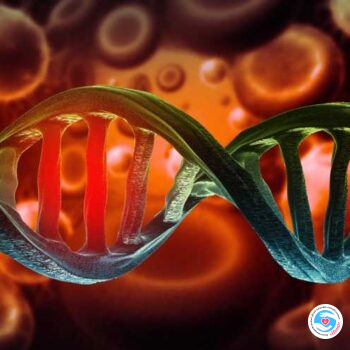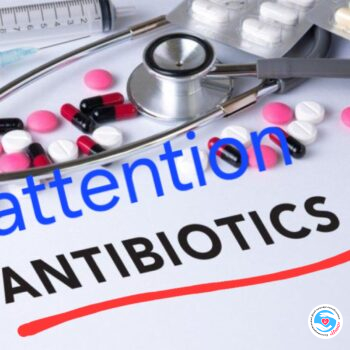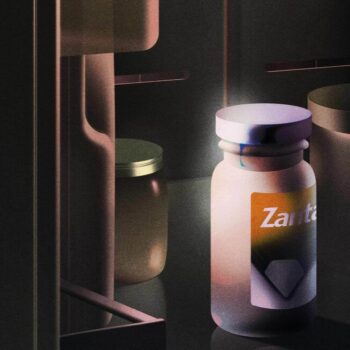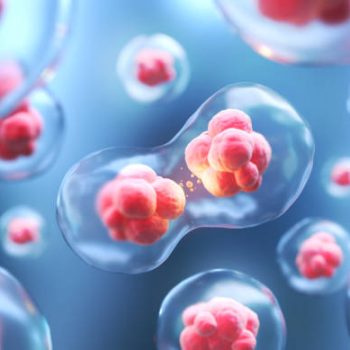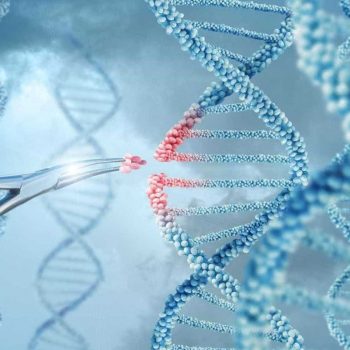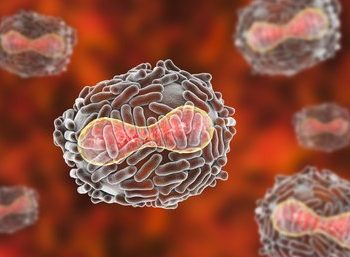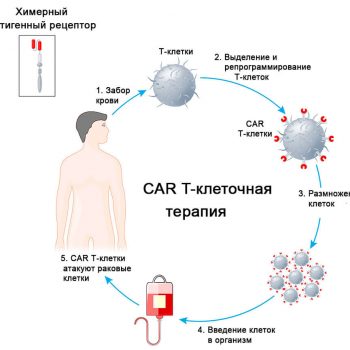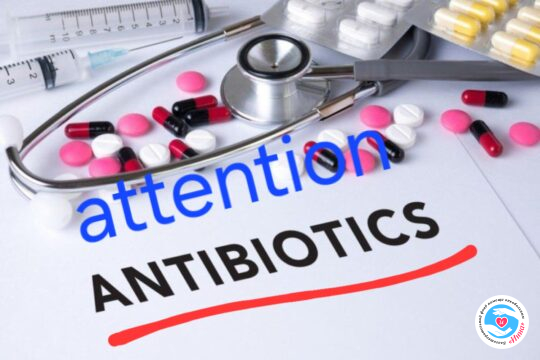
Cancer is rapidly getting younger! And this is a real problem of mankind! On our site we have already reported that experts have established that over the past 30 years the incidence of cancer at a young age on the planet has increased by 79.1%, and cancer mortality among young people has increased by 27.7%! Why?
To prevent such a trend, medical professionals must establish risk factors for cancer! To date, it can be firmly stated that scientifically proven factors include – smoking, poor diet, overweight, excessive alcohol consumption, sedentary lifestyle, working with carcinogenic materials and environmental pollution.
Despite the fact that work is being done all over the world to inform the population about such factors, the number of patients is growing! So, not all possible causes of cancer have been identified!
The latest research may help to identify another cancer risk factor that is worth paying attention to!
Earlier we paid attention that in the scientific article “Global trends in morbidity, mortality and risk factors for early cancer” published in the journal BMJ Oncology, experts talk about the impact of antibiotics on the gut microbiome, which in turn can provoke cancer!
In order to study this important, in our opinion, assumption, the staff of the Foundation “Inna” on the pages of the Journal of the National Cancer Institute found and studied an article by Swedish scientists from the Department of Radiation Sciences and Oncology, University of Umeå, entitled “Antibiotics and intestinal cancer: is there a connection”. The researchers hypothesized that taking antibiotics may contribute to the development of gastrointestinal cancers by disrupting the gut microbiota and decided to examine the association between antibiotic intake and the risk of colon cancer.
A case-control analysis was conducted in Sweden (July 2005 to December 2016). Patients with diagnosed primary bowel cancer were selected from a national registry. Each patient with bowel cancer was matched with 5 controls matched for clinical and demographic characteristics. Thus, 40,545 patients with primary bowel cancer and 202,720 matched control participants without cancer were analyzed. A review of the data revealed a clear association between antibiotic intake (antibiotic use was counted 2 years and earlier prior to cancer diagnosis) and bowel cancer.
In the data analysis, a positive association was found between frequent antibiotic use and an increased risk of bowel cancer. In analyses performed for specific cancer localizations, a positive association was found between antibiotic use and proximal colon cancer (adjusted odds ratio 1.17; 95% confidence interval 1.05-1.31). However, an inverse association between antibiotic use and rectal cancer was found in women.
Antibiotics in today’s world have been used by humans to treat many diseases since childhood! But is it so safe for humans? And this is not a pragmatic question! After all, frequent use of antibiotics, indeed, can be associated with colon cancer! It is worth thinking about…
If you would like to support the Foundation’s activities and help our beneficiaries, you can do it right now: I want to help.

